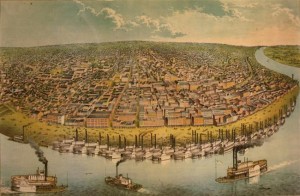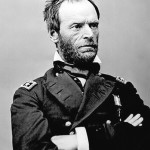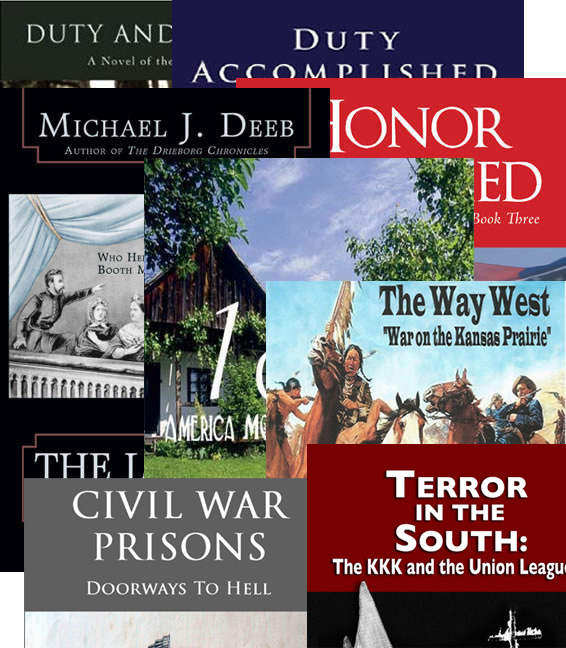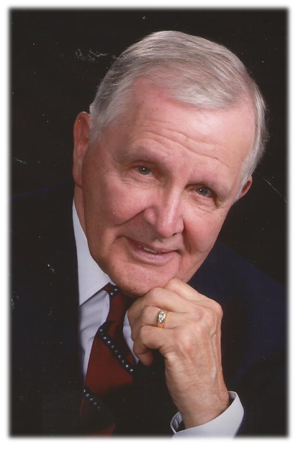The Issue of War and the Mississippi River
 The Chicago Tribune editorialized that the people of the Northwest would never negotiate for free navigation of the Mississippi river.
The Chicago Tribune editorialized that the people of the Northwest would never negotiate for free navigation of the Mississippi river.
“It is their right and they will assert it to the extremity of blotting Louisiana out of the map.”
Midwesterners were assured that no impediment would be established on the Mississippi or at the port of New Orleans to their commerce. To address this concern, the Louisiana Secession delegates pledged free access to all river traffic. The Confederate Congress meeting in Montgomery, Alabama promised the same treatment for river traffic on the Mississippi and its tributaries.
To add to the drama, President Lincoln was concerned that if his administration did not do something the Midwestern governors would feel forced to negotiate some sort of agreement with the Confederate States on their own. So, despite assurances from the Confederates, Midwestern governors continued to be concerned about the unhindered use of the Mississippi, free access to the port of New Orleans, and to the river cities of Memphis, Natchez and Vicksburg.
The questions were:
- Could Midwesterners trust the CSA assurances that river commerce would be guaranteed free access as they had prior to secession?
- Could they live with New Orleans being in the hands of a foreign power?
- Could future generations of Confederate leaders be trusted not to tax commercial
traffic? The temptation would certainly be very real.
The Midwestern governors told Lincoln that they thought the issue was worth going to war over,  even if he did not.
even if he did not.
In early 1861, William Sherman wrote his wife that, despite assurances of free trade, “Collisions are sure to follow secession, and the states lying on the upper rivers will never consent to the mouth being in possession of a hostile state.”
Next: The Decision for War


 A Great Read! I couldn’t put this book down once I got started. The detail was great and I really like the main character, Michael. Knowing that so much research went into this book made it exciting to read!
A Great Read! I couldn’t put this book down once I got started. The detail was great and I really like the main character, Michael. Knowing that so much research went into this book made it exciting to read!